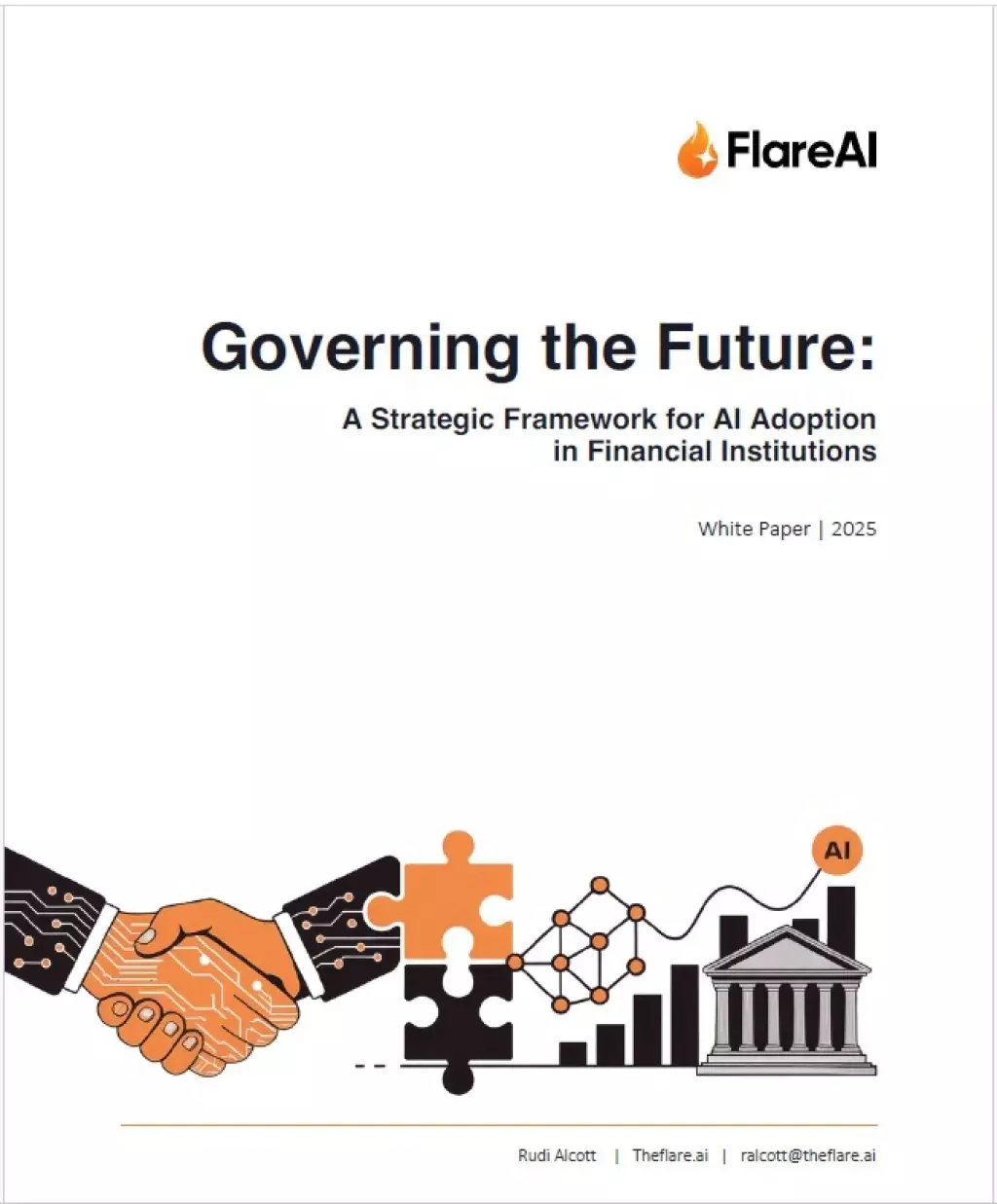Allspring Study Finds Declining Retirement Confidence and Rising Interest in AI-Powered Personalization
Allspring Global Investments released its 2025 retirement study, "By Default or By Design?," revealing a decline in financial confidence among retirees and near-retirees, according to a press release. The survey of more than 1,500 U.S. adults found that only six in ten respondents feel financially secure, with confidence dropping most sharply among women, older near-retirees, and younger retirees.
The study indicates that 84% of near-retirees prefer investment options other than target date funds, reflecting a demand for more personalized financial strategies. Only one in five respondents use tax-efficient withdrawal methods, and most lack accurate knowledge of Social Security benefits. The report highlights that delaying Social Security claims can significantly increase lifetime income.
Distrust of artificial intelligence was widespread, with 43% of advised and 53% of unadvised individuals expressing skepticism. However, the study notes that automation and AI could play an expanding role in creating cost-effective, personalized strategies for asset allocation and withdrawals when used alongside human expertise.
Allspring’s report calls on advisors, plan sponsors, and asset managers to move beyond default approaches by integrating behavioral insights, education, and AI-driven personalization to improve retirement outcomes.
We hope you enjoyed this article.
Consider subscribing to one of our newsletters like Finance AI Weekly or Daily AI Brief.
Also, consider following us on social media:
More from: Finance
Subscribe to Finance AI Weekly
Weekly newsletter about AI in finance. Covers AI-driven trading, fintech innovations, and data analytics transforming markets
Whitepaper
Governing the Future: A Strategic Framework for AI Adoption in Financial Institutions
This whitepaper explores the transformative impact of artificial intelligence on the financial industry, focusing on the governance challenges and regulatory demands faced by banks. It provides a strategic framework for AI adoption, emphasizing the importance of a unified AI approach to streamline compliance and reduce operational costs. The document offers actionable insights and expert recommendations for banks with fewer than 2,000 employees to become leaders in compliant, customer-centric AI.
Read more
